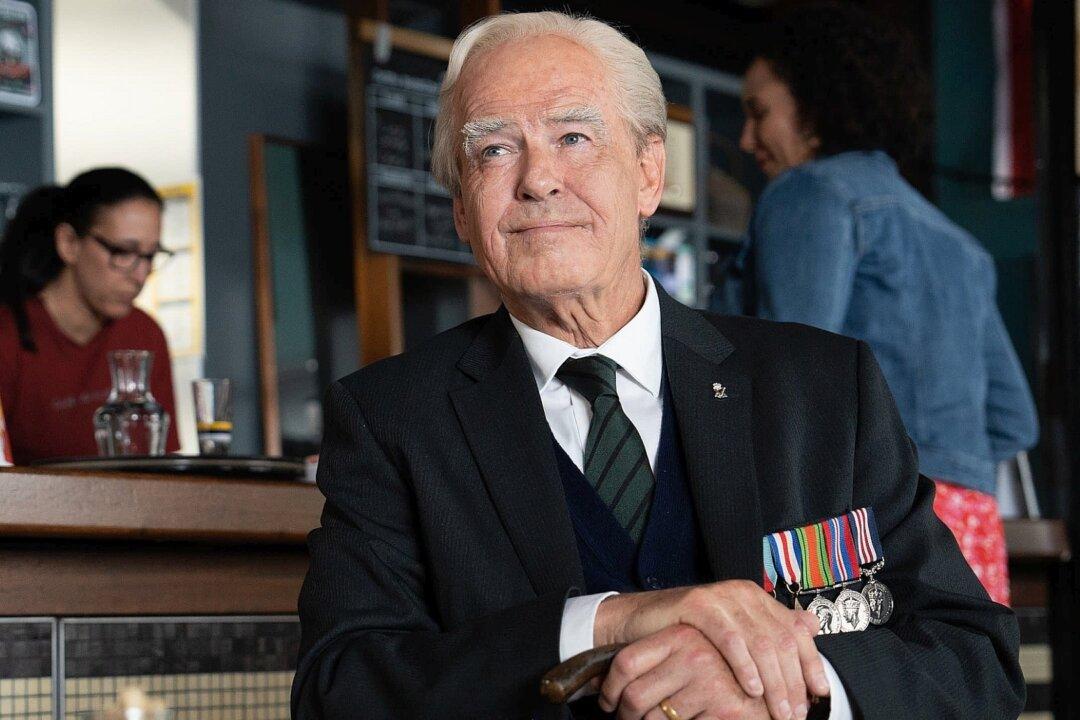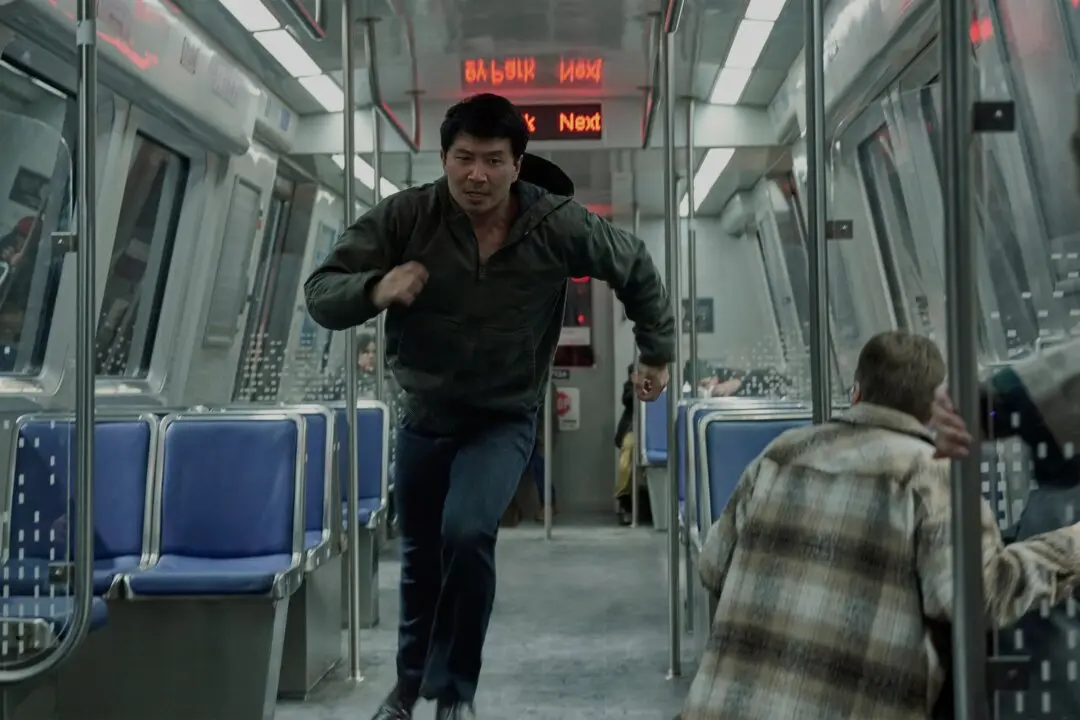PG-13 |1h 35m | Drama | 2024
Considering its shameful history during World War II, Ireland should celebrate a hero like Artie Crawford. Not only did the Irish Free State maintain strict neutrality, it also prosecuted and blacklisted Irish military personnel who left their posts to fight with the Allies.





